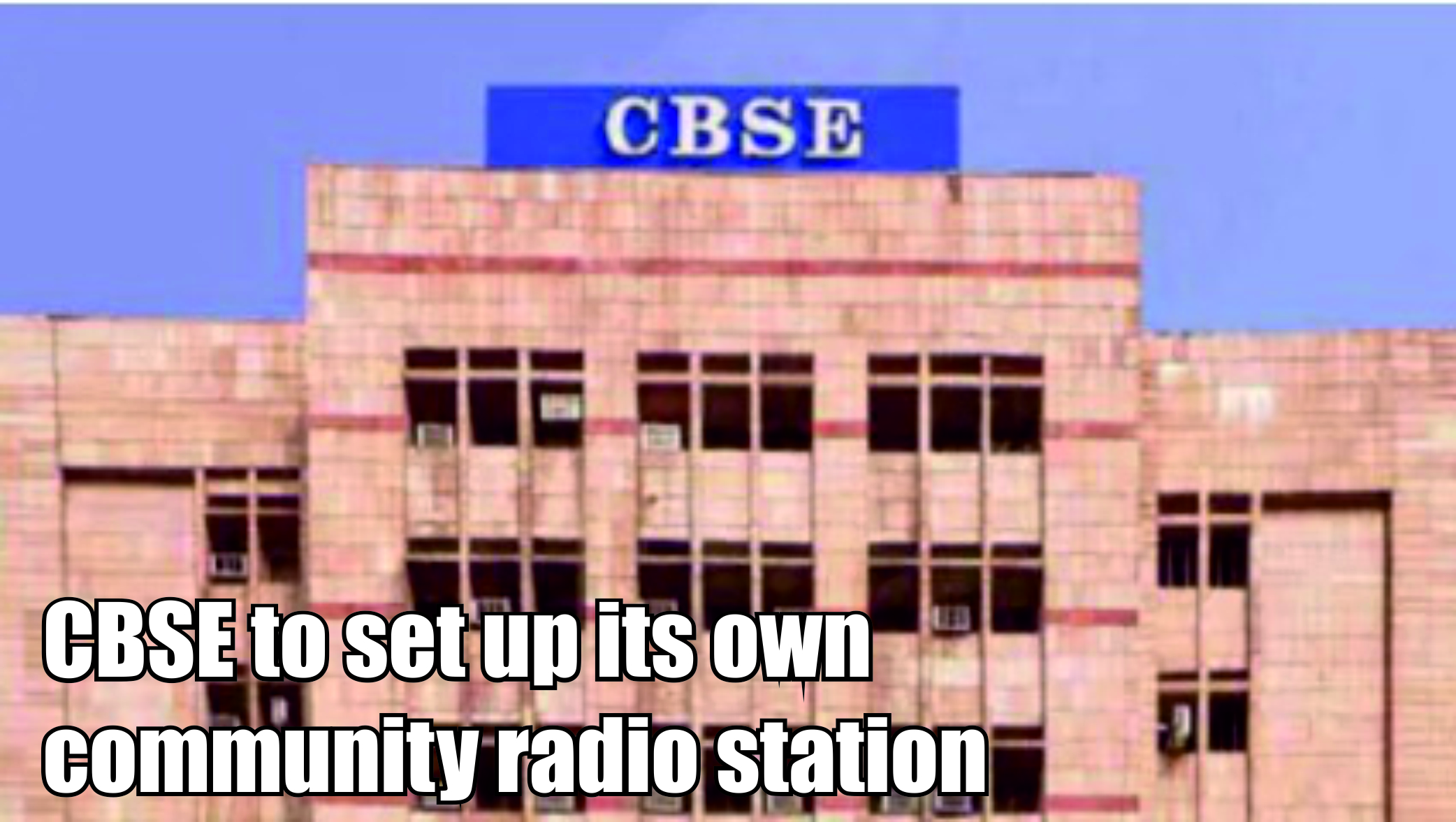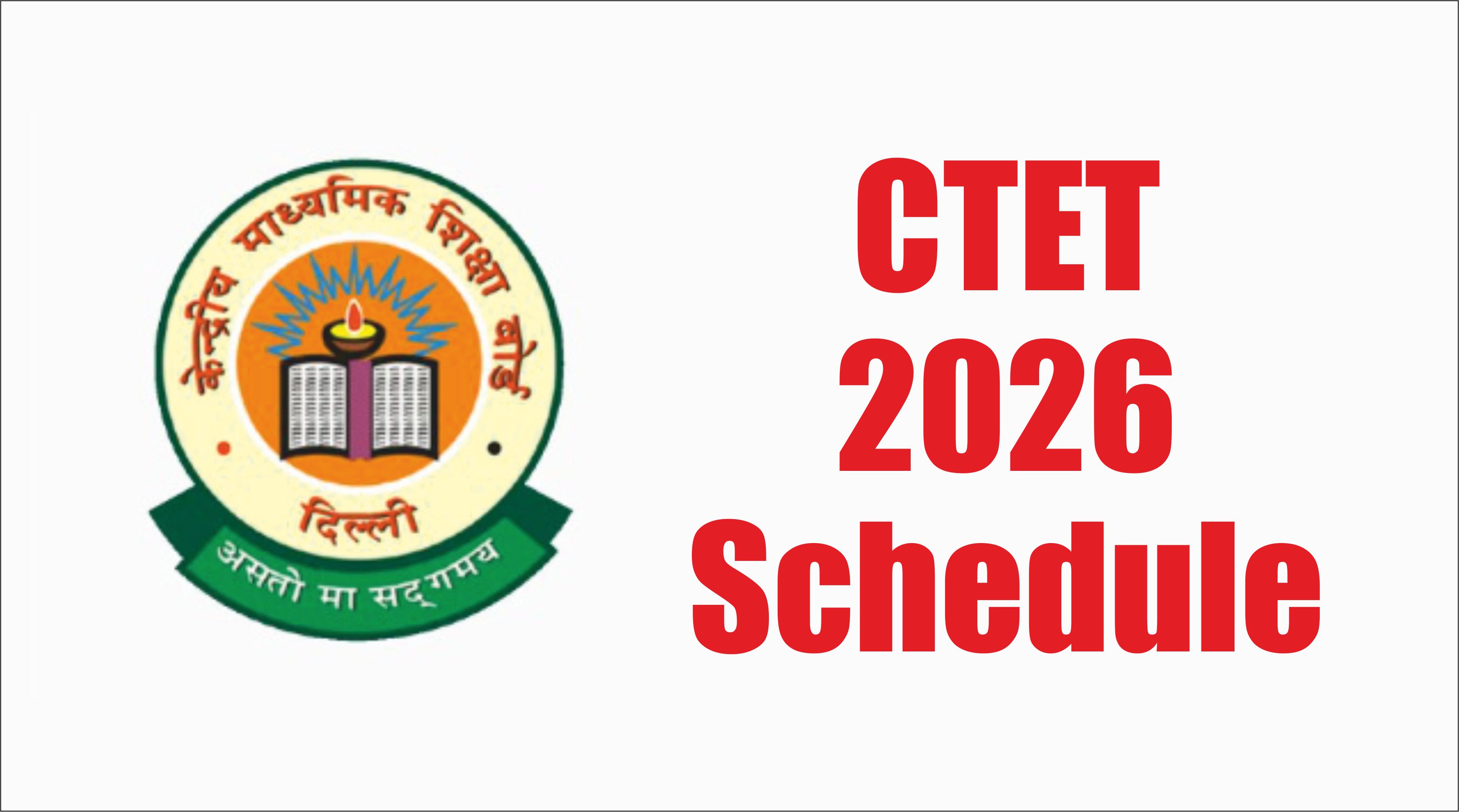CBSE to set up its own community radio station

According to officials, the Central Board of Secondary Education (CBSE) will shortly launch a community radio station that will be solely for its teachers, students, and other stakeholders. At the board's most recent Governing Body meeting, the idea was accepted, and it was decided to move the license application.
The board's governing body gave its approval to the plan to launch a community radio station. According to a top CBSE official, "it was decided that consultative meetings with stakeholders and experts will be held in the next six months to prepare and process application for community radio license detailed."
The board has also decided that financial implications be worked out, the official added.
Shiksha Vani, a podcast that the CBSE already operates, provides current audio content for a variety of courses for grades 9–12 in an understandable and smooth way. For Android phone users, CBSE-Shiksha Vani is accessible on the Play Store. To date, Shiksha Vani has posted almost 400 pieces of content that follow the NCERT curriculum.
"Once the license is obtained, the specifics of the content that will be aired on the community radio station will be worked out," the source continued.
Different from commercial radio and public service radio, community radio is a significant third tier in radio broadcasting. Low-power radio stations designed to be established and run by local communities are known as community radio stations.
It offers a forum for local residents, particularly those from underrepresented groups, to voice their opinions on matters pertaining to agriculture, education, nutrition, health, and other related topics. Additionally, there is a chance that individuals will connect more because the broadcast is in local languages and dialects.
There are 540 community radio stations in India that have been put into service, according to government statistics. Non-profit organizations such as societies, NGOs, and educational institutions run these stations. Through a number of programs and initiatives, the Indian government has been aggressively encouraging the expansion of community radio, especially in rural and isolated areas.



